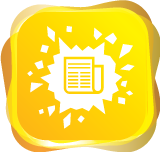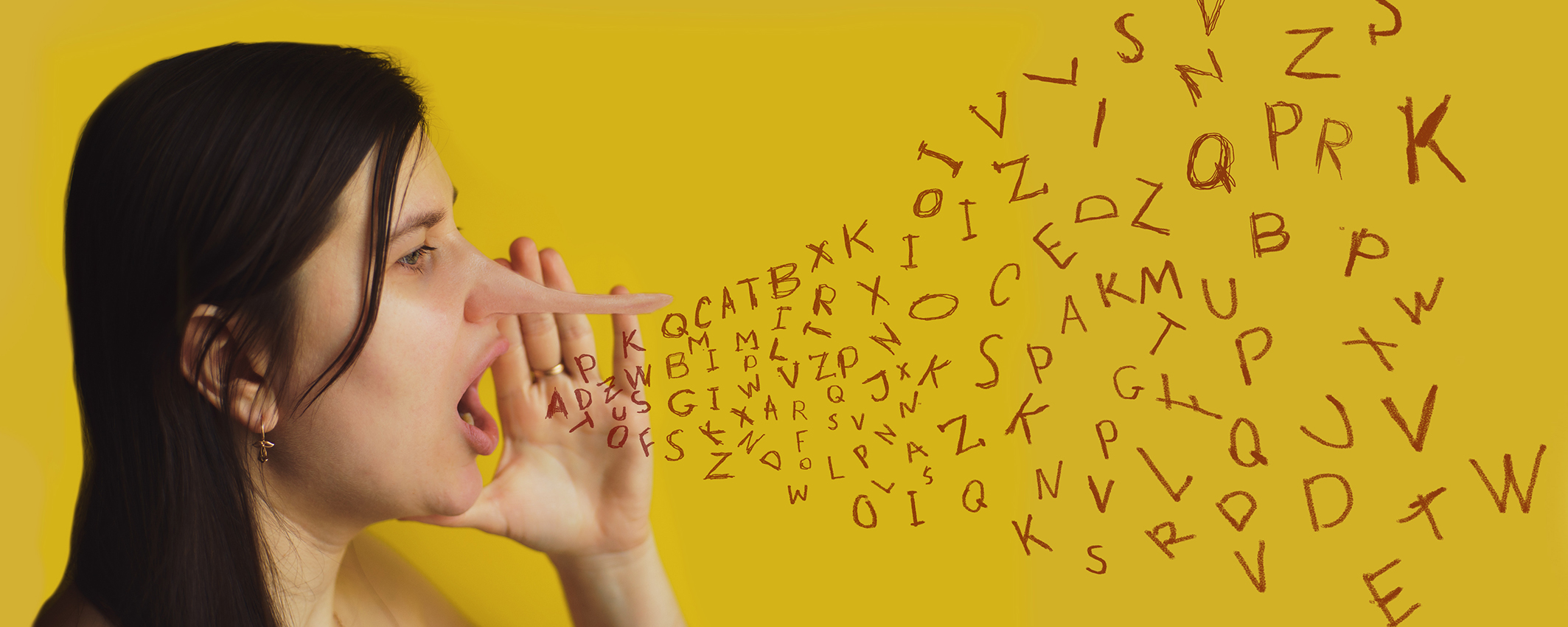 |
CCHU9074 Arts and Humanities
|
Course Description
Never before has the need for “news literacy” been more urgent for our healthy civic life. A constant stream of fraudulent news stories in our daily media diet has given rise to troubling cultural trends and alarming political movements in recent years across the world. False claims, misleading factoids, exaggerations, propaganda, hoaxes, rumors, satire, questionable advertising, radical extremism, and other types of misinformation and disinformation are now being masqueraded as journalism.
We need to understand the complexity of information disorder and its intertwined ecology composed of human behavior, computer algorithms, and strategic communication tactics. We need to know how to effectively navigate through the abundance of media content in order to identify dependable facts and recognize an intricate web of factors affecting our perceptions from culture to ideology.
Drawing on data science, statistics, digital forensics, journalism, cognitive science, social psychology, marketing, politics, and media studies, this inquiry-based, hands-on course teaches how to conceptualize methods of news consumption. Students will investigate specific topics and work on case studies in order to acquire a more advanced digital tool dexterity as well as a more analytical mindset.
[The 2-hour lecture and 1–hour tutorial will be held back to back each week on Wednesday.]

Course Learning Outcomes
On completing the course, students will be able to:
-
- Analyze information and evaluate its authenticity by employing fact checking skills and latest online verification tools.
- Identify falsehood and demonstrate precisely why it is erroneous.
- Recognize the differences between assertion and verification, between evidence and inference, between message frames and media bias, and cognitive dissonance and logical flaws.
- Understand how the misinformation ecosystem works and forms a network of influence.
- Produce quality case studies on the process of verification.
Offer Semester and Day of Teaching
Second semester (Wed)
Study Load
| Activities | Number of hours |
| Lectures | 24 |
| Tutorials | 12 |
| Reading / Self-study | 24 |
| Laboratory | 24 |
| Assessment: Essay / Report writing | 30 |
| Assessment: Poster presentation (incl preparation) | 15 |
| Total: | 129 |
Assessment: 100% coursework
| Assessment Tasks | Weighting |
| Case study | 30 |
| Research proposal | 25 |
| Poster | 25 |
| Participation | 20 |
Required Reading
- AFP. (2022). Digital Investigation Techniques. From https://digitalcourses.afp.com/ [All students in this course will be given access to this online training materials.]
- Selected articles from newspapers
Course Co-ordinator and Teacher(s)
| Course Co-ordinator | Contact |
| Dr M. Kajimoto Journalism and Media Studies Centre, Faculty of Social Sciences |
Tel: 3917 4005 Email: kajimoto@hku.hk |
| Teacher(s) | Contact |
| Dr M. Kajimoto Journalism and Media Studies Centre, Faculty of Social Sciences |
Tel: 3917 4005 Email: kajimoto@hku.hk |

